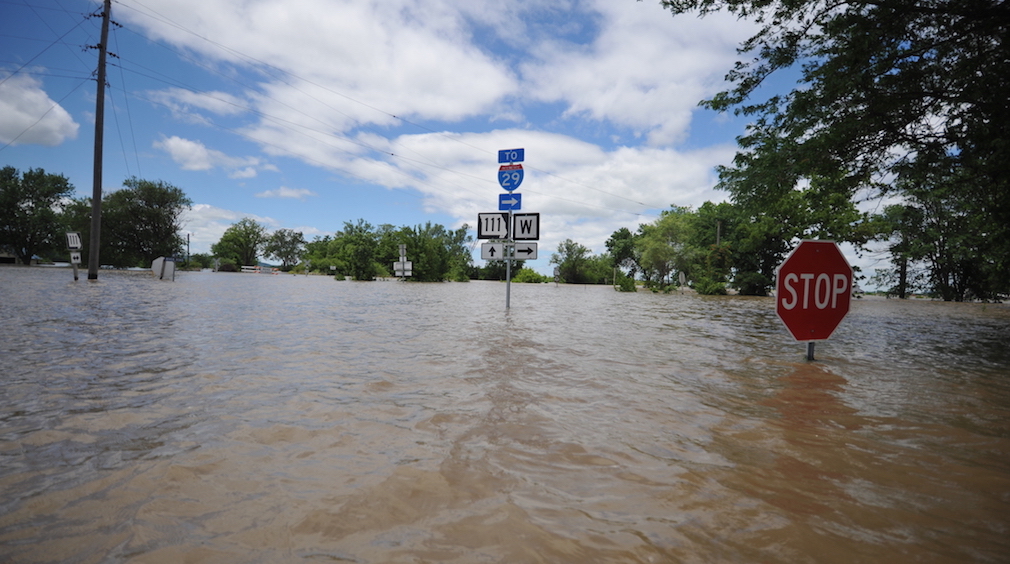Congress passed a bill late on Monday, two days after the start of the U.S. hurricane season, that extends the National Flood Insurance Program by four months. The move came on top of a stopgap vote on Thursday that kept the program from expiring over the weekend.
The extension of NFIP through September was added to a long-delayed $19.1 billion disaster aid bill. NFIP, created in 1968, has been a controversial program since 2005’s hurricane season headlined by Katrina, Rita and Wilma overwhelmed the fund and forced Congress to cover billions in payouts. In 2017, Congress canceled about $16 billion in NFIP debt, but the fund still owes the U.S. Treasury about $20 billion.
People with federally backed mortgages in areas located on 100-year floodplains, as designated by the Federal Emergency Management Agency, or FEMA, are required to buy flood insurance. A lapse in the program would nix about 40,000 home sales a month because homebuyers wouldn’t be able to have their loans funded, according to the National Association of Realtors. While the expiration of the program would keep NFIP from selling and renewing policies, it would still have the authority to pay claims if it had funds available.
Congress has extended the program a dozen times since the fall of 2017, kicking the can down the road as lawmakers negotiate on reforming it. During that time, five named hurricanes and several catastrophic floods, including an ongoing crisis in the Midwest, have destroyed homes and businesses across the U.S. Most homeowners insurance policies do not cover flooding.
A FEMA study estimated areas within 100-year floodplains where owners with federally backed mortgages are required to purchase flood insurance will grow by 40% to 45% by 2100 because of climate change. That comes as builders expand development to meet the demand for homes as the population grows.
Even people who don’t live in high-risk areas can buy insurance through NFIP. More than 20% of flood claims come from properties located outside high-risk flood zones, according to FEMA.
The average flood insurance claim is about $43,000, according to FEMA. That shows that most claims are not the result of extreme flooding, because damage from just one inch of water in a home can top $20,000. According to FEMA, 90% of all natural disasters involve floods.
“NFIP reauthorization is an opportunity for Congress to take bold steps to reduce the complexity of the program and strengthen the NFIP’s financial framework,” FEMA said in a statement. “The level of damage from recent catastrophic storms makes it clear that FEMA needs a holistic plan to ready the Nation for managing the cost of catastrophic flooding under the NFIP.”






